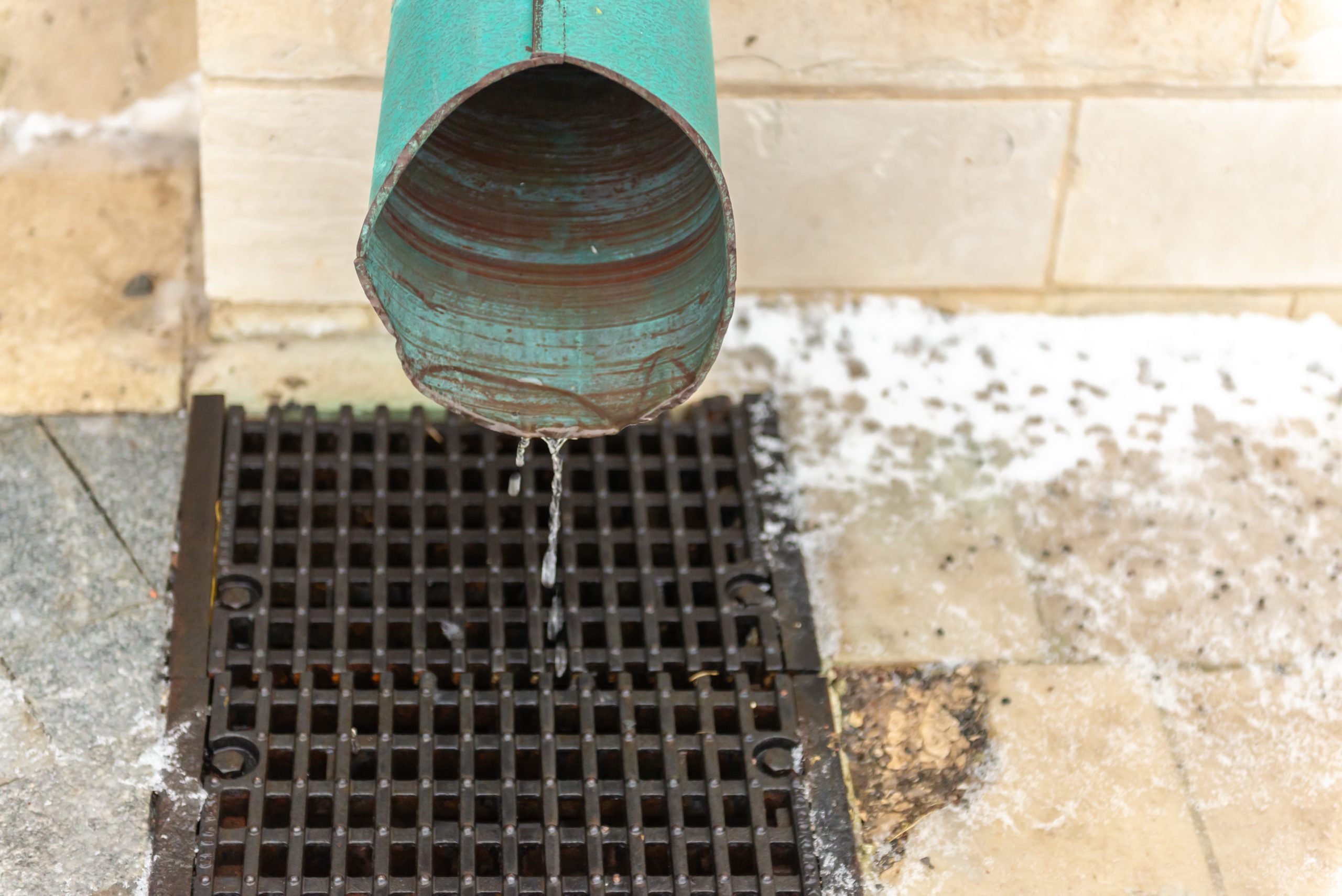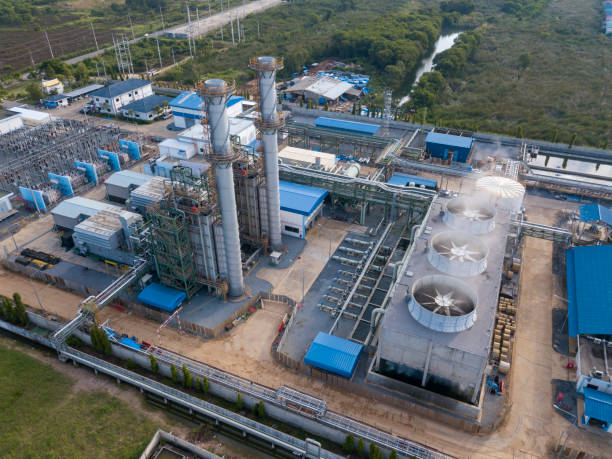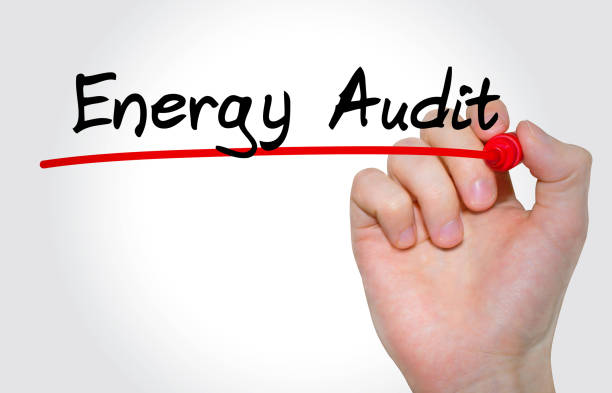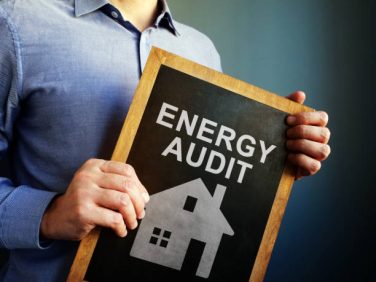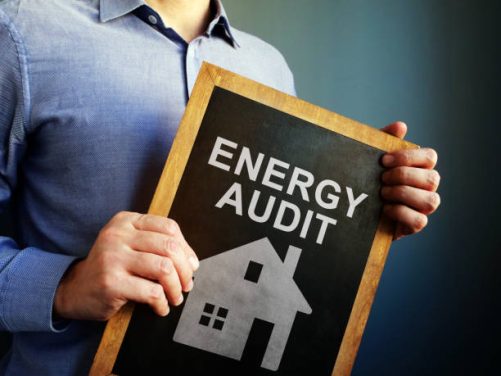Energy audit is an effective energy management tool to save energy in commercial buildings, public-sectors and government organizations, the energy saving helps reduce greenhouse gas emissions and improve air quality in order to bring about a more pleasant living environment.
An energy audit is a systematic review of the usage of energy to ensure that it is being used sensibly and efficiently. The process usually commences with the collection of building information, review of energy consuming equipment, identification of energy management opportunities with three categories (EMO I – involving housekeeping measures which are improvements with practically no cost investment and no disruption to building operation; EMO II – involving changes in operation measures with relatively low cost investment; EMO III – involving relatively higher capital cost investment to attain efficient use of energy), cost analysis of EMO, recommendation for energy saving solutions, and compiling energy audit report in finally.
With the full implementation of The Buildings Energy Efficiency Ordinance (Cap 610, BEEO) in September 2012, the owner of a commercial building or the commercial portion of a composite building (irrespective of newly constructed or existing one), every 10 years, is required to engage a Registered Energy Assessor (REA) to carry out energy audit for the 4 key types of Central Building Service Installations (CBSI), namely, air-conditioning installation, electrical installation, lighting installation as well as lift and escalator installation, and also is require to exhibit the valid Energy Audit Form in a conspicuous position at the main entrance of the building. Our Energy Registered Assessor (REA) is ready to help you to conduct energy audit in accordance with the latest Energy Audit Code (EAC 2021 Edition) and Technical Guidelines on Energy Audit Code (TG-EAC 2021) to comply of government’s mandatary requirement.



















